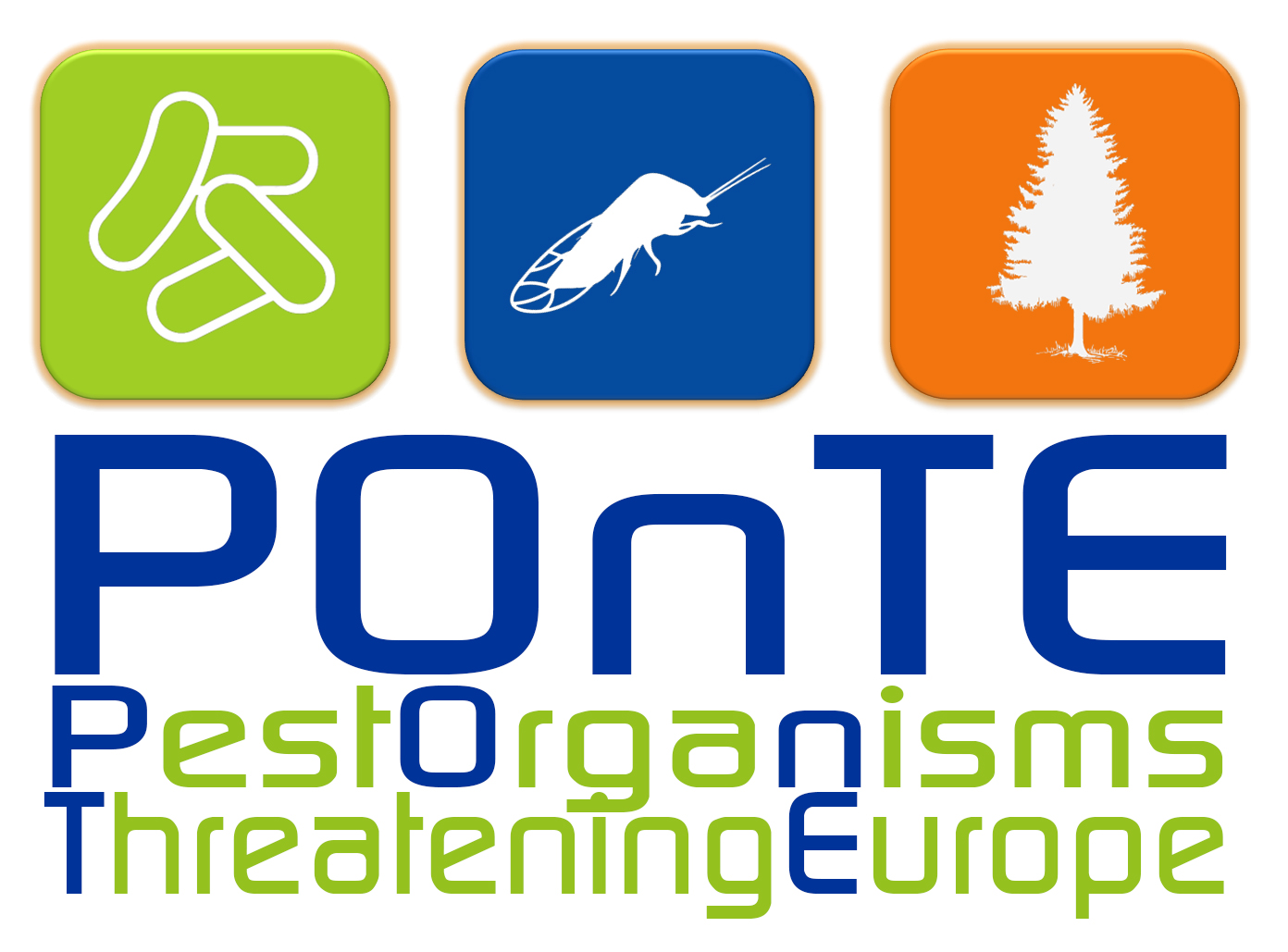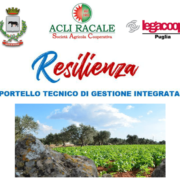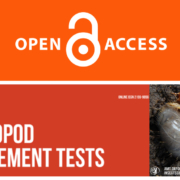Xylella fastidiosa strain CoDiRO and olive: a transcriptome view of the interactions
A. Giampetruzzi 1, M. Morelli 2, M. Saponari 2, G. Loconsole 1, M. Chiumenti 2, D. Boscia 2, V.N. Savino 1, G.P. Martelli 1, P. Saldarelli 2
1 Dipartimento di Scienze del Suolo, della Pianta e degli Alimenti (Di.S.S.P.A.) Università degli Studi di Bari Aldo Moro, 70126 Bari. 2 CNR Istituto per la Protezione Sostenibile delle Piante (IPSP), SS Bari, 70126 Bari, Italy.
Abstract Oral Presentation
A strain of Xylella fastidiosa is ravaging the olive trees of Southern Apulia, Italy (Saponari et al., 2013). The bacterium causes the Olive Quick Decline Syndrome (OQDS), a disease showing symptoms of apical and marginal leaf scorching, extensive branch and twig dieback and death of the trees (Martelli et al., 2016). Transmission tests demonstrated that the Xylella fastidiosa-olive infecting strain is transmitted by the xylem-feeding meadow froghopper Philaenus spumarius (Saponari et al., 2014) whereas genome studies proved that it belongs to the subspecies pauca, sequence type 53 (Giampetruzzi et al., 2015). Field observations allowed to identify a possible source of resistance in the olive cv Leccino, which reacts with milder symptoms, and hosts a much lower bacterial concentration of bacterial cells than the locally grown cv Ogliarola salentina. A global transcriptome profiling revealed that a higher number of genes is altered upon Xylella fastidiosa infection in the susceptible cv Ogliarola salentina compared to the resistant cv Leccino, with respect to the healthy plants of the same cultivars (Giampetruzzi et al., 2016). Gene expression analysis showed that both cultivars perceive the presence of the bacterium with the involvement of membrane signaling receptors, whose characterization is ongoing. Analysis of altered genes of the susceptible cv Ogliarola salentina (expansin, early-late inducible proteins, late embryogenesis abundant proteins and involvement of the abscissic acid pathway) indicated that plants are subjected to a intense water stress. A further transcriptome analysis of the recently discovered Xylella-resistant olive cv FS17® is in process. Results of these studies will be presented.
This work received funding from the European Union’s Horizon 2020 research and innovation programme under grant agreement No. 635646, POnTE (Pest Organisms Threatening Europe).
Published on September 12, 2017









